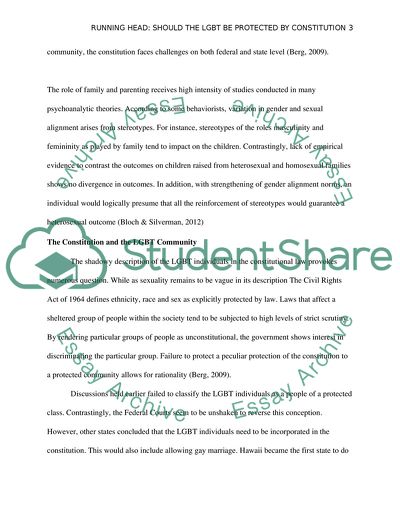Cite this document
(Social Science Addresses Issues of Public Debate Essay, n.d.)
Social Science Addresses Issues of Public Debate Essay. https://studentshare.org/gender-sexual-studies/1844089-social-science-addresses-issues-of-public-debate
Social Science Addresses Issues of Public Debate Essay. https://studentshare.org/gender-sexual-studies/1844089-social-science-addresses-issues-of-public-debate
(Social Science Addresses Issues of Public Debate Essay)
Social Science Addresses Issues of Public Debate Essay. https://studentshare.org/gender-sexual-studies/1844089-social-science-addresses-issues-of-public-debate.
Social Science Addresses Issues of Public Debate Essay. https://studentshare.org/gender-sexual-studies/1844089-social-science-addresses-issues-of-public-debate.
“Social Science Addresses Issues of Public Debate Essay”. https://studentshare.org/gender-sexual-studies/1844089-social-science-addresses-issues-of-public-debate.


